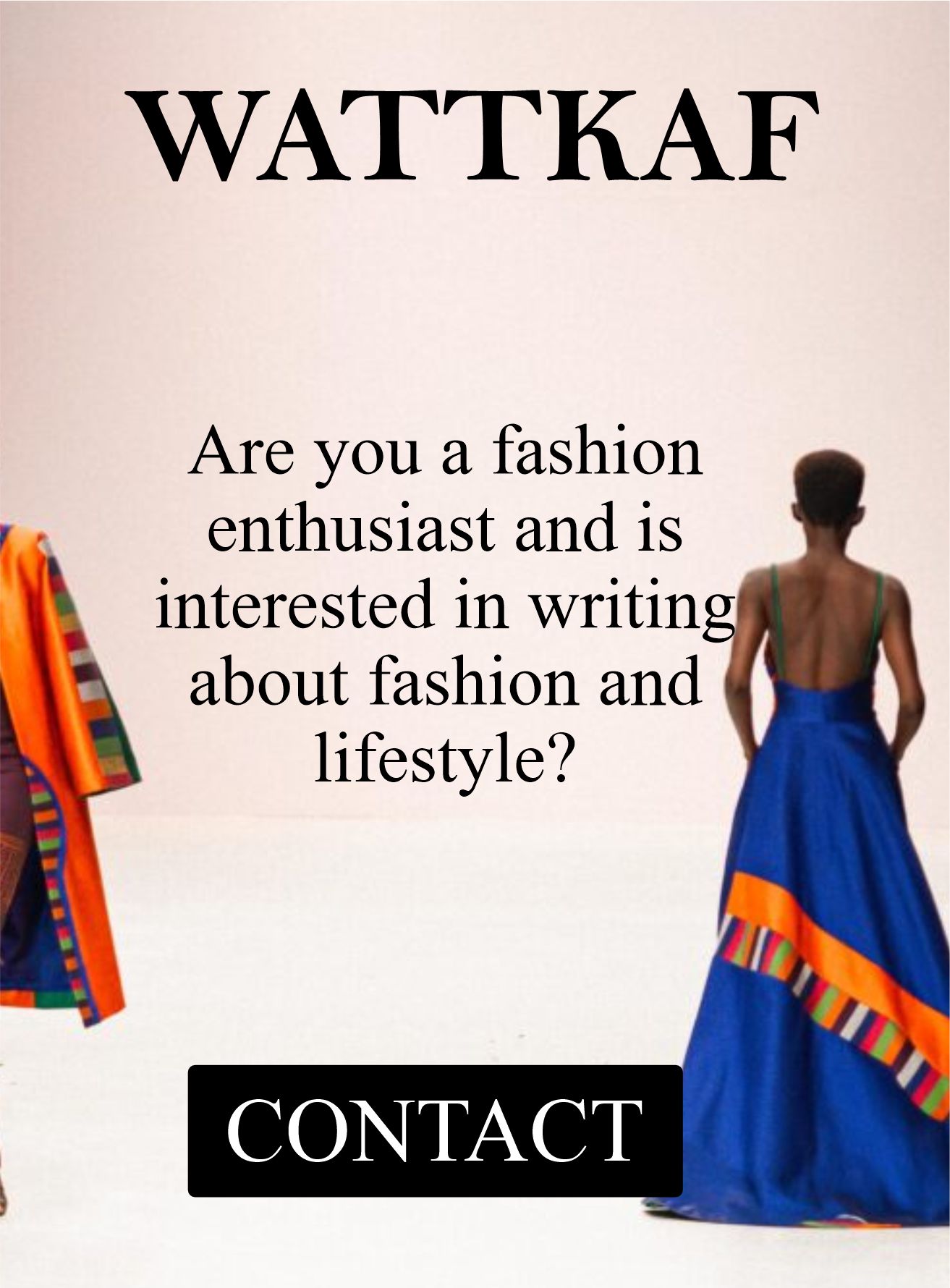African haute couture is emerging in the spotlight globally, as global high-fashion houses and international buyers alike increasingly turn to the innovation, heritage, and artisanal craftsmanship of African fashion designers. Leading the way in this growing movement are Ivorian designer Loza Maléombho and South African designer Thebe Magugu—whose forward-thinking collections are transforming global luxury fashion and positioning African style as a leading trendsetter on the global market.
African haute couture renaissance is not just a matter of high-end cultural stories; it’s also an disruptive economic prospect. Luxury shoppers and fashion trendsetters are tapping into the unparalleled quality and unique stories woven into each piece. “There’s a new world hunger for authenticity and sustainability,” according to a top industry analyst. “African designers are delivering both—a combination of old-world skills and new-world design that appeals to today’s luxury shopper.”
Loza Maléombho, whose careful blend of Ivorian classicism and modern silhouettes has earned her recognition, has been acknowledged for her devotion to fair production procedures and domestic skill. Her collections, which regularly include local material and symbols such as the sacred Baoulé mask, denote a visible sense of national pride and reinterpretations. Maléombho’s designs did not merely grace celebrities on red carpets around the world but have also opened up a new rhetoric about African fashion. “Our strength lies in our heritage,” asserts Maléombho. “By experimenting with traditional methods in innovative ways, we are building eternal pieces that narrate the story of resilience, innovation, and beauty.”
In the same vein, Thebe Magugu is an energetic force for reconsidering South African fashion on the global front. Winner of the 2019 LVMH Young Fashion Designer Prize, Magugu’s work is informed by his Sotho background as much as by his individual process of reconciliation and rebirth. His aesthetic mind is deeply informed by his childhood in Kimberley, but far beyond place. Magugu’s collections will tend to marry strong, culturally inspired prints and sophisticated tailoring to communicate both the dynamism of African heritage and the sophistication required by global luxury markets. “Fashion is a platform where I am able to tell my story and my country’s story,” Magugu says. “It’s about honoring our heritage and moving forward fearlessly.”
International endorsement of designers such as Maléombho and Magugu is evidence of a broader realignment of global fashion realities. Traditional European fashion brands and large luxury groups are increasingly receptive to working with African designers. Partnerships, including current capsule lines and co-branded initiatives, are not only raising the profiles of these designers but also opening up new opportunities for growth in the market. These trends are also encouraged by the rise of digital platforms and social media, and these have served to guarantee that fashion and African haute couture are being democratized through access in various regions of the world without their traditional retail path.
Investment in African fashion is also on the rise. New funds focused on scaling up luxury brands on the continent are offering much-needed capital for production, marketing, and export distribution. “African fashion is no longer a niche—it’s a global phenomenon,” says one executive from one of Africa’s leading investment firms. “The funding we’re seeing today is enabling these brands to scale operations, ensure quality, and keep the rich cultural approaches that make their work so distinctive.”
The pace is also kept alive by major fashion events like Lagos Fashion Week and global exhibitions in venues like the Victoria and Albert Museum, which have highlighted African designers’ creativity. Such forums bring the necessary exposure and serve as incubators for new talent, keeping the continent’s fashion story evolving and fascinating the world.
Since authenticity, sustainability, and bespoke narrative are now most prized by the luxury industry, African haute couture stands at the forefront of setting new worldwide standards of excellence. Loza Maléombho and Thebe Magugu are not making garments; they are making heritage. That what they’ve accomplished means that in the intersection of heritage and innovation lies a revolutionary energy capable of crossing borders and redefining luxury.

